The Design for Health Motivation research group is comprised of researchers who start from a human-centred design perspective to end with a design that motivates people to care for their health. This group is part of the Faculty of Industrial Design Engineering's eHealthLab.
The research routes we take to arrive at motivational health design vary, but common threads that run through our journeys include:
- Research on design methods for reaching and engaging specific groups of people, such as chronically ill children, young families, or people in a low socio-economic position. Methods are used like cocreation, value-based design, participatory research, quantitative and qualitative observational studies.
- Research on design means to increase health motivation. These means encompass gamification, reward structures, crafting process, storytelling, personalisation strategies, motivational AI, meaningful ‘small’ data design.
- Research on design for sustainable health engagement and ownership, such as connecting health journeys of hospital and home, (blended) eHealth stimulating self-care over time, stimulating confident healthcare attitudes.
Results of the projects consists of research and prototypes to be embedded in healthcare. Outcome variables of include health literacy, health prevention , health engagement, healthy behaviour, therapy adherence and reduced negative health experiences. All researchers work in projects that are related to the complex health demands making a transdisciplinary approach necessary. The health-related stakeholders of these projects typically consists of design researchers/professionals, health researchers/providers and user/ societal organizations.
For more information, please contact:
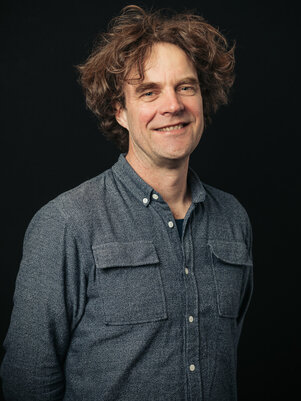
Valentijn Visch
- +31 (0)15 27 84951
- V.T.Visch@tudelft.nl
-
Room C-3-260
We believe that motivating people through contextualized technology, fostering self-exploration, and enabling people to configure their own paths to health and well-being, is the foundation of our mission. Our commitment is to use research through design approach that empower people, prevent health issues, and support them to design their lives for greater autonomy, ownership, and independence in their health and wellbeing.
- Design for Health Motivation research group
Our Team
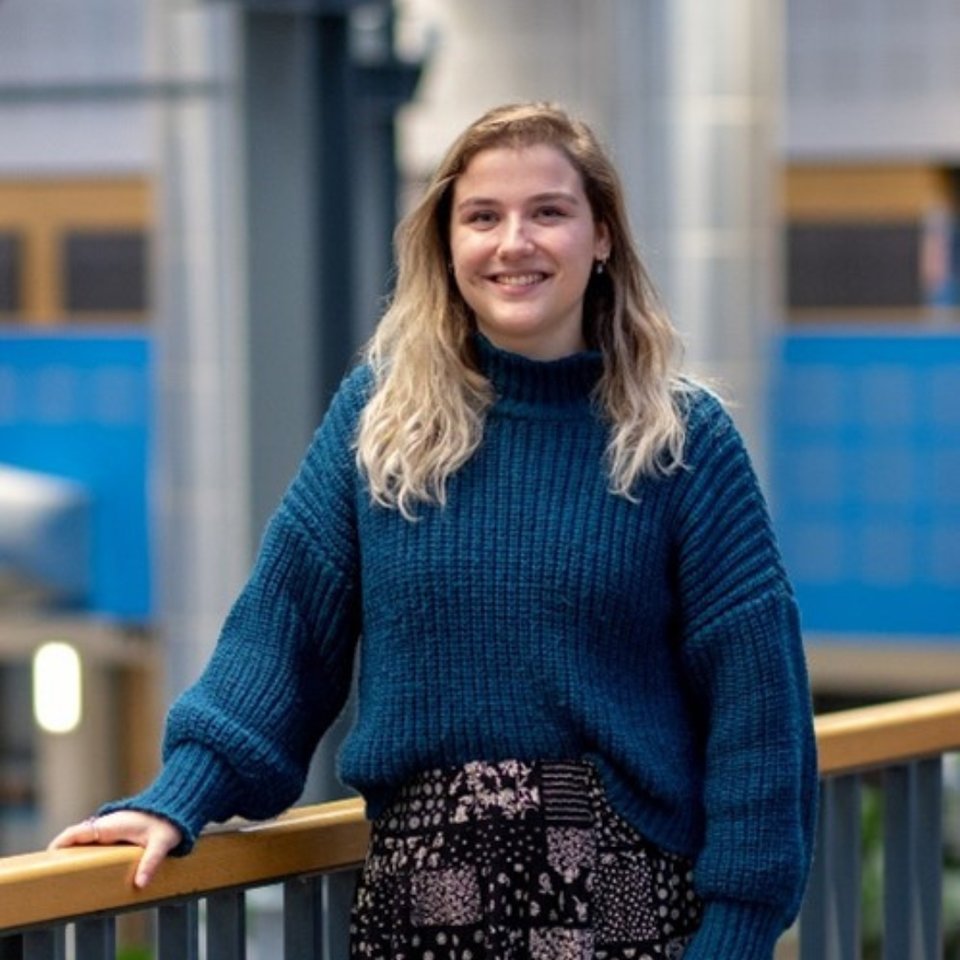
Noa van den Brink
Noa is a PhD candidate at the Faculty of Industrial Design Engineering exploring how we can co-design smart digital technology to support the healthy lifestyle of young families in vulnerable situations.
-
She is interested in how values of families and stakeholders in the social and medical care system around them can play a role in the development of such technologies. Her vision is to design for divergent values and contexts of people towards the personalization of e-health solutions. Before coming to Delft she completed her bachelor and master in Industrial Design and the Technical University of Eindhoven. Here Noa discovered her passion to design for health, well-being and equity in complex societal challenges through participatory approaches.
Contact information
Email | Research Gate | LinkedIn | Personal Website
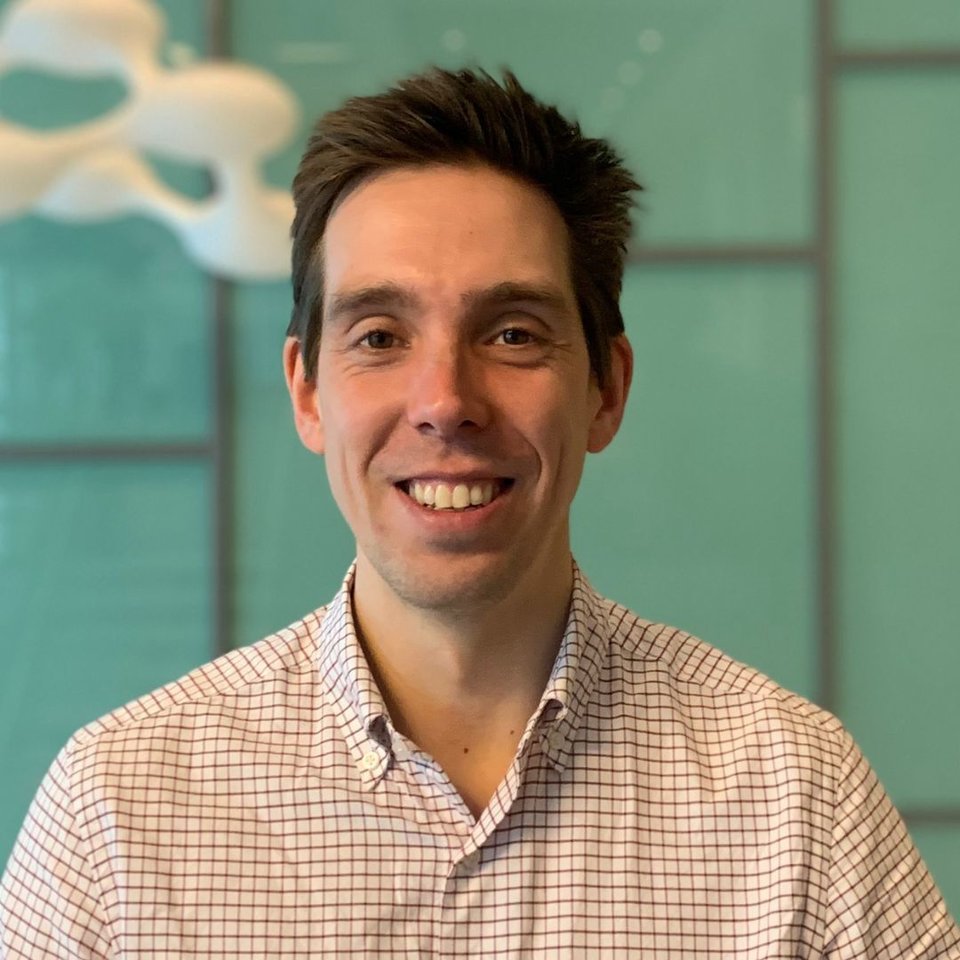
David de Buisonjé
David is a postdoc on the Enduring Rewards project. He will extend his PhD research by investigating how to capitalize on (financial) reward processes to help achieve sustainable health behavior change.
-
David is committed to study and develop digital tools that support health behavior change, preferably on the intersection between product development, scientific research, and policy making. David combines his postdoc in Delft with an appointment at Leiden University where he leads the Healthy Society Map project (www.gezondzuidholland.nl). This project aims to improve public health policy in the province South-Holland.
Contact information
Email | Google Scholar | LinkedIn
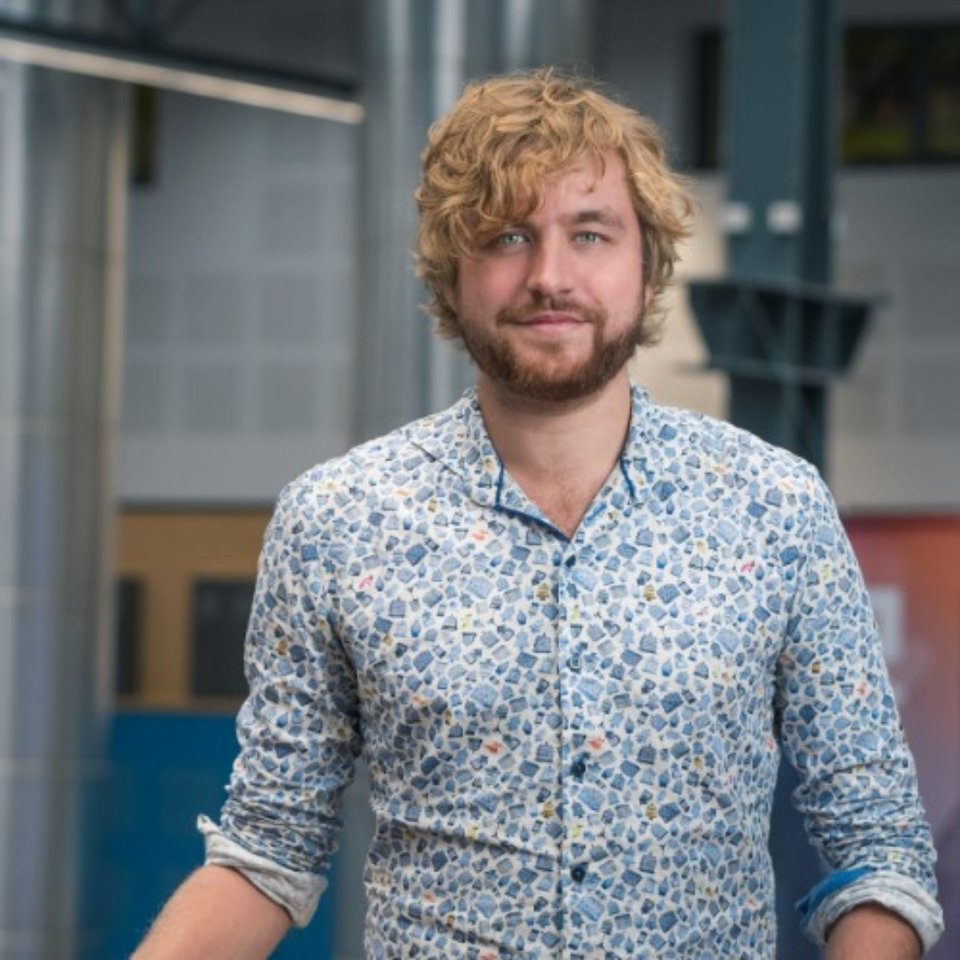
Jasper Faber
Jasper has a background in Industrial Design and he is currently working on a research project aimed at understanding the unique needs and challenges faced by individuals with low socioeconomic position (SEP) when accessing and using eHealth interventions.
-
His contribution to eHealth design and this group is to streamline the design and development process with and for this specific and often vulnerable population. The ultimate aim is to create health interventions that are suitable for everyone, but especially for those who need them the most.
Contact information
Email | Google Scholar

Sara Hondmann
Sara is a PhD candidate at Leiden University’s Health, Medical, and Neuropsychology Department. Sara is part of the Enduring Rewards project and its cooperation between the TU Delft, Leiden University Medical Center (LUMC), and Leiden University.
-
Her research studies how eHealth, specifically the Box program of LUMC, supports long-term lifestyle changes. Sara is interested in interdisciplinary research that combines psychology, medicine, and design to create holistic and effective interventions.
Sara has a bachelor’s degree in Liberal Arts and Science from Erasmus University College with focus on life sciences and medicine. Sara completed her master’s in Health and Medical Psychology at Leiden University.
Contact information
Email
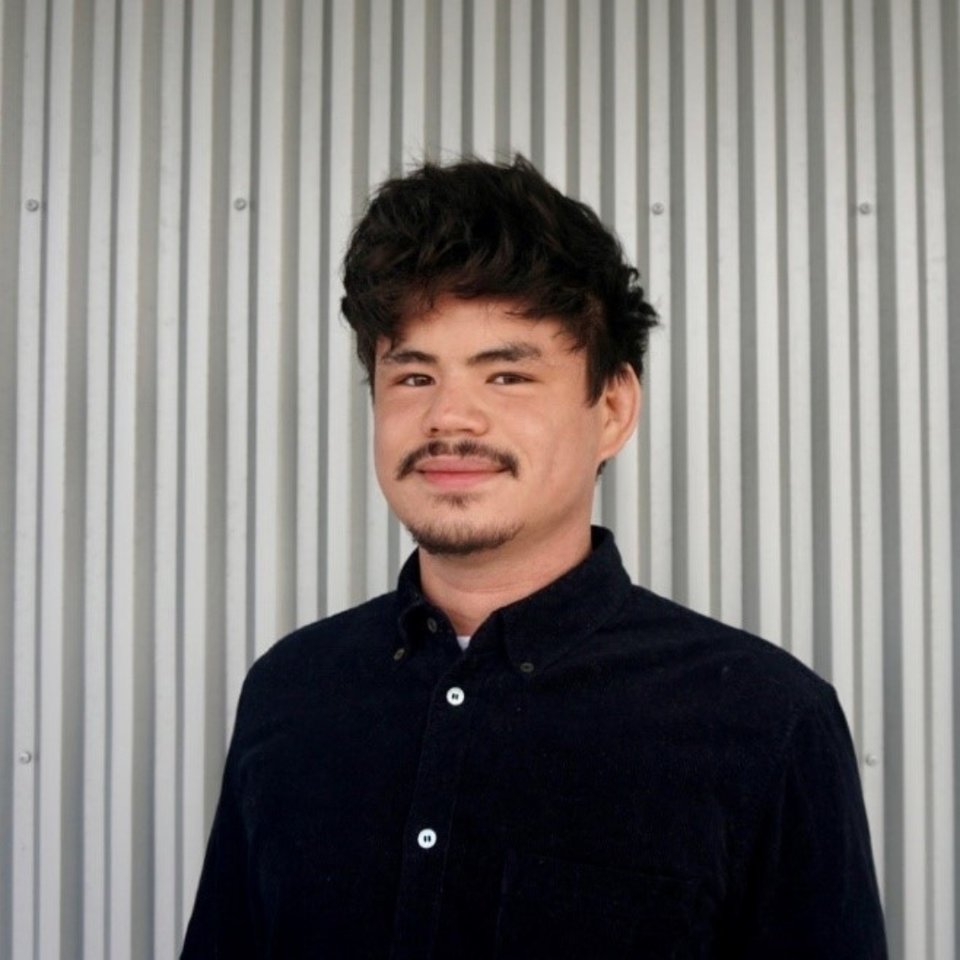
Timothy Houtman
Timothy is a PhD candidate at the Faculty of Industrial Design Engineering. His research focuses on promoting long-term healthy lifestyles among adolescents through the use of human-centered design to understand physical activity drivers and barriers.
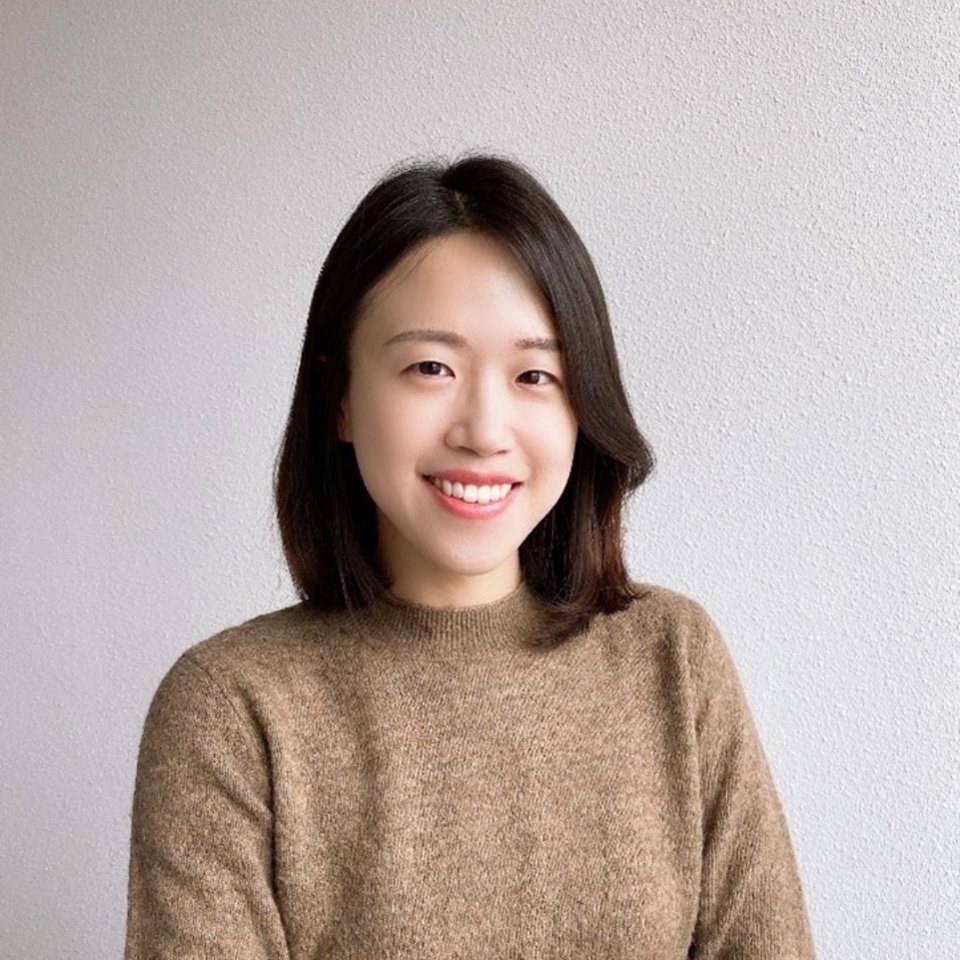
Dajung Kim
Dajung is a postdoc who's research focuses on investigating the role of design in the development of AI-powered systems for health and well-being.
-
She is particularly interested in exploring alternative forms of human-AI relationships through critical design research and designing AI systems that empower people in improving their health and well-being.
Contact information
Email | Google Scholar | Personal Website
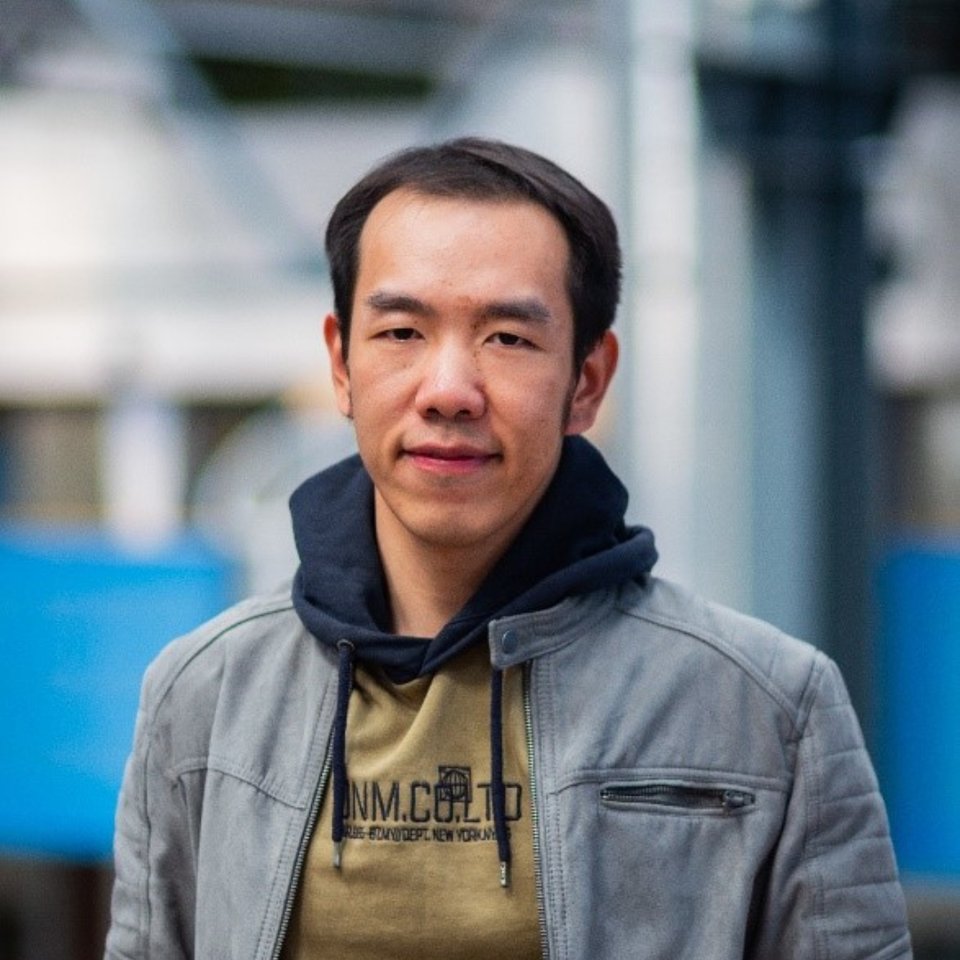
Wei Liu
Wei is a postdoc working on the Enduring Rewards project. His work is mainly focused on the theoretical model underlying health behavior maintenance.
-
For example, he explored the connection between positive psychology and health behavior, and the role of crafting in the process of maintaining health behavior. His research interests consist of positive psychology, well-being, and technology
Contact information
Email | Google Scholar

Samantha Orozco
Samantha is a PhD candidate at the Faculty of Industrial Design Engineering and the rehabilitation department from Erasmus MC.
-
Her research is centered around the design and development of a wearable tool for assessing, monitoring, and providing feedback on daily life upper limb use in stroke patients within the home context.
Her specific focus is on investigating socio-technical elements, including context, culture, personal values, and technology, that play a crucial role in the user experience of stroke patients using wearables. Samantha aims to incorporate these insights into the design of technologies to enhance their effectiveness and user acceptance.Contact information
Email
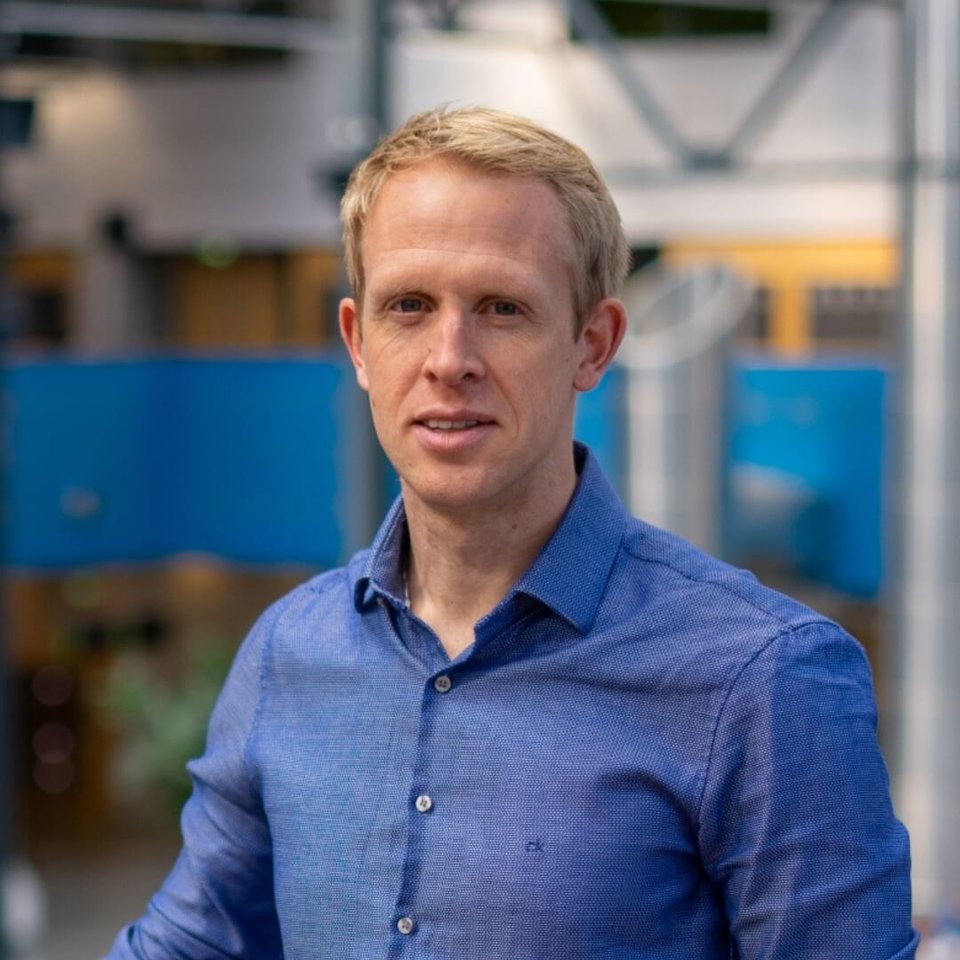
Niko Vegt
Niko is a postdoc at Industrial Design Engineering and at Social & Behavioral Sciences at Erasmus University Rotterdam.
-
His work focusses on developing and investigating methodology for youth participation in eHealth research and development projects.
Contact information
Email | EUR Research | EUR Profile
-
For example, he explored the connection between positive psychology and health behavior, and the role of crafting in the process of maintaining health behavior. His research interests consist of positive psychology, well-being, and technology
Contact information
Email | Google Scholar
-
With a passion for merging the worlds of storytelling, design, and engineering, my goal is to improve patient care and rehabilitation outcomes. As a MSc. Biomedical engineer from the Sonoran Desert in Mexico, I am dedicated to developing innovative solutions that address the unique needs of patients and healthcare providers.
Currently, I am working on the "Towards a tailored monitoring and training tool for at-home rehabilitation" project as a PhD student, where we are developing a personalized rehabilitation tool for stroke survivors who have impairments in their upper extremities. Our aim is to design a tool that can monitor and provide valuable feedback during patients' daily routines, enabling stroke survivors to regain arm functionality once they are discharged from the clinic.
In my previous work, I have demonstrated my expertise in developing virtual reality applications that leverage augmented reality technology. Specifically, I developed a virtual reality application that facilitated nerve puncture procedures in the pelvic area for Radboud MC. Additionally, I designed a serious game that focused on rehabilitating trunk stability for patients who had suffered from cerebrovascular accidents. These projects have allowed me to apply my skills in innovative ways and demonstrate my commitment to improving patient care and rehabilitation outcomes.
P.D: I'm also a filmmaker and a stop motion animator. You can check my film "Esmeralda (2021)"
Contact information
Email
